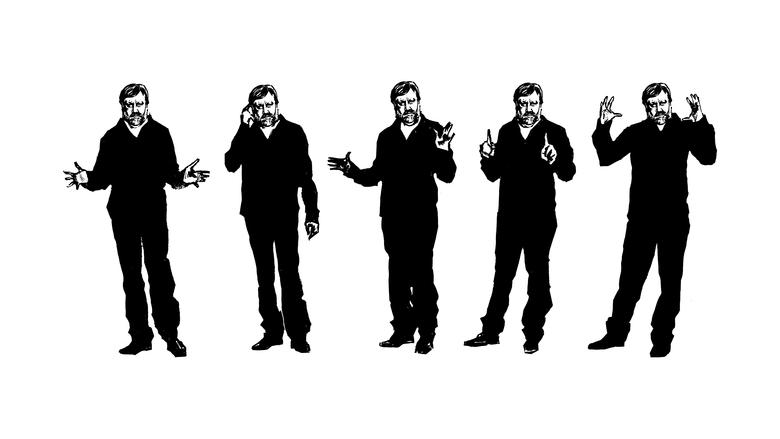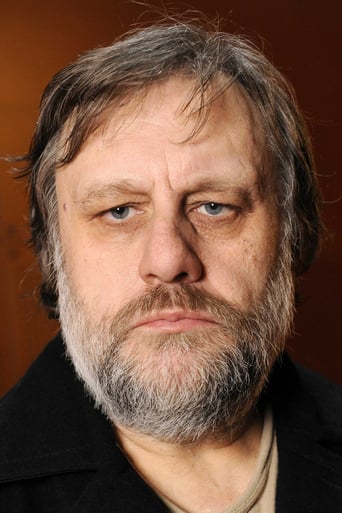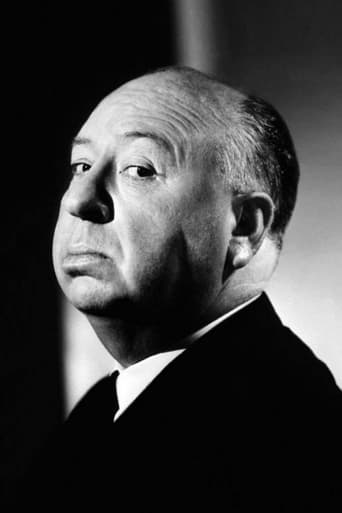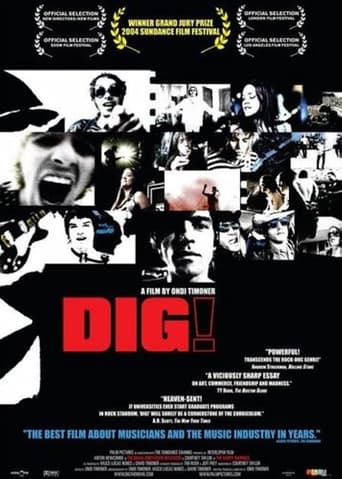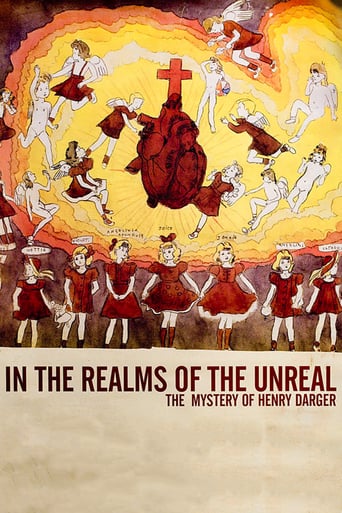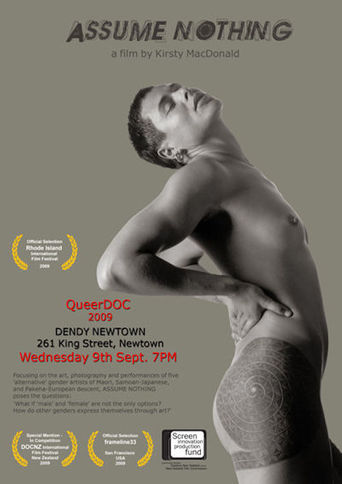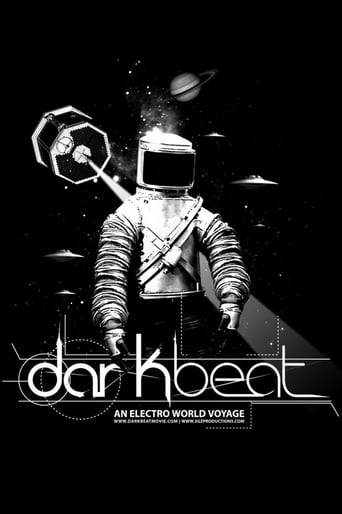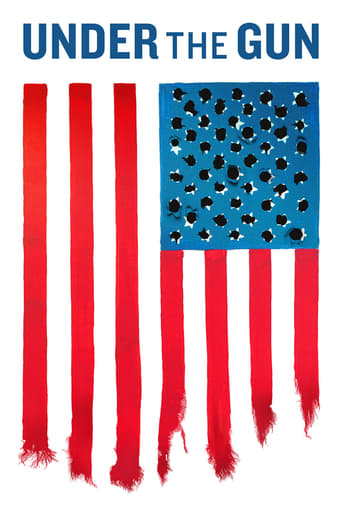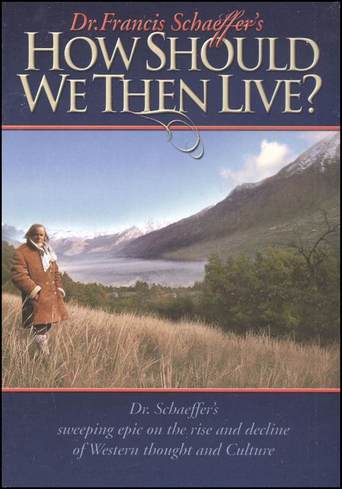The Pervert's Guide to Cinema (2006)
A hilarious introduction, using as examples some of the best films ever made, to some of Slovenian philosopher and psychoanalyst Slavoj Žižek's most exciting ideas on personal subjectivity, fantasy and reality, desire and sexuality.
Watch Trailer
Free Trial Channels
Cast


Similar titles
Reviews
People are voting emotionally.
just watch it!
It's a mild crowd pleaser for people who are exhausted by blockbusters.
It’s fine. It's literally the definition of a fine movie. You’ve seen it before, you know every beat and outcome before the characters even do. Only question is how much escapism you’re looking for.
To be honest, I really wasn't sure if I was meant to take this documentary seriously. It's host, Slavoj Zizek, is a Slovenian psychoanalyst who is simultaneously interesting and ridiculous. One third of the time his theories went straight over my head, another third of the time I found them (unintentionally?) hilarious, while the final third of the time I saw where he was coming from. Although I can't in all honesty say that I came away from The Pervert's Guide to Cinema with a feeling that I had a greater understanding of the subtext of the films discussed. I didn't really agree with a lot of what Zizek said, his (over)analysis was very entertaining though. The documentary as a result feels much more about Zizek himself than the films. However, it does have to be said that the selection of movies covered is really pretty good, so from that basis alone this is a film documentary worth seeing.It's not especially clear who this is aimed at mind you. The title is very misleading. It makes it sound like it should be a guide to sexploitation films or something. Well, of course it isn't. Zizek examines Freudian theories in cinema specifically in the case of films by Alfred Hitchcock and David Lynch, but also with extensive clips from many other movies ranging from The Wizard of Oz to The Matrix. Zizek is the only person in this feature, so it works like an extended - if rambling - essay. Director Sophie Fiennes makes things a little more visually interesting by having Zizek appear to be in the film set himself - we see him in the cellar in Psycho, the hotel room in Vertigo and in a speedboat in Bodega Bay in The Birds. It's a neat touch, and quite funny too. As are much of Zizek's throwaway comments such as his view that 'flowers should be forbidden to children' or when he states that Stalinism was all about totalitarianism, mass murder and musicals. Even if you don't agree with this guy, you have to admit he is never exactly boring.
An old intellectual talks about what he considers art in movies. You get your Hitchcock, your Chaplin, your Bergman and some other stuff prior to the 80ies. To disguise that he has no clue what is going on in cinemas these days, he throws in The Matrix.But it's not only the same lame film-as-art speech all over again. This speech is reduced to outdated psychological platitudes: it-ego-super ego, anal phase, sexual insufficiency. It is garnished with the cheesy effect of having Zizte edited into the movies he is taking about. For someone who is supposed to know much about movies, his own is, cinematographicly speaking: yeiks.To put it in Zizek's own words - I saw 5\-\!7 on the screen, last night, or in the words of a great movie maker:Mr. (Zizek), what you've just said is one of the most insanely idiotic things I have ever heard. At no point in your rambling, incoherent response were you even close to anything that could be considered a rational thought. Everyone in this room is now dumber for having listened to it. I award you (two) points (only), and may God have mercy on your soul.
He's stocky, sweaty, slightly cross-eyed and restless. He stands in front of us and calls himself a pervert. He claims that we the film viewers perceive the screen as a toilet bowl, and are all secretly wishing for all the s**t to explode from the inside. He's unpredictable and scary. Well ? Come on, you could have guessed by now: he's one of the leading philosophers of our age.Slavoj iek is both a narrator and a subject of Sophie Fiennes' extraordinary new film, A Pervert's Guide to the Cinema. Fiennes illustrates a feature-long lecture by iek, and does so in two ways: by providing exemplary film clips and putting iek on real (or reconstructed) locations from the movies he speaks about. It's always nice to watch neatly captioned scenes from great movies (although Revenge of the Sith got here as well), but the main attraction of A Pervert's Guide is iek himself. What makes the movie such fun to watch is the unanswerable question one cannot help but ask over and over again: what is more outrageous, iek's views or iek's screen presence? In a documentary by Astra Taylor (iek!, 05), Slovenian philosopher at one point confessed his fear of being silent. Because, he claimed, he feels like he doesn't exist in the first place, the only way to make all other people believe he does is to talk constantly and feverishly. And talk he did, and how. Also A Pervert's Guide is dominated by his voice delivering perfect English in most crazy way, and making some astonishing points about the cinema.What are those? Well, for example he sees Chaplin's reluctance towards talking picture as a sign of an universal fear of voice itself (kind of alien force taking over the human being think the ventriloquist segment of Dead of Night [45]). He says that the perverse nature of cinema is to teach us to desire certain objects, not to provide us with them. He identifies Groucho Marx as super ego, Chico as ego and Harpo as id. He says a million other interesting things, and all the time we cannot take our eyes off him, so persuasive (and captivating) are his looks. At some point I couldn't help but stare at his thick, scruffy hair and wonder what kind of a brain lays stored underneath. Craving, of course, for more insights.Most notable are iek's readings of Lynch and Hitchcock (which comes as no surprise since he has written about both of them). The cumulative effect of many brilliantly edited clips from their respective work made those parts of iek's lecture memorable and unlike others difficult to argue with, since he seems to really have gotten things right on these two directors. This doesn't go for his reading of Tarkovsky for example, upon whom he relentlessly imposes his own utterly materialistic view of reality, dismissing precisely what's so remarkable in all Tarkovsky (namely strong religious intuitions and images).The question isn't whether iek is inspiring and brilliant, because he is; or whether Fiennes film is worth watching, because it is likewise. The real question is rather: are iek views coherent? One smart observation after another make for an overwhelming intellectual ride, but after the whole thing is over, some doubts remain. For example: while considering Vertigo (58) iek states that what's hidden behind human face is a perfect void, which makes face itself only a facade: something of a deception in its own means. However, when in the final sequence we hear about the ever-shattering finale of City Lights (31) as being a portrait of one human being fully exposed to another, it's hard not to ask: what happened to the whole facade-thing ? Why should we grant Chaplin's face intrinsic value of the real thing and deprive Kim Novak's of this same privilege in two bold strokes ? Or maybe that incoherence might also be read in Lacan's terms? (The name of the notoriously "unreadable" French psychoanalyst is fundamental to iek's thought.) The film has all the virtues of a splendid two-and-a-half hours lecture: lots of ground are covered, many perspectives employed, even some first-rate wisecracks made (when iek travels on a Melanie Daniels' boat from The Birds [63] and tries to think as she did, he comes up with: "I want to f**k Mitch!"). But it has also one shortcoming that isn't inherent to two-and-a-half hours lecture as such: it's almost obsessively digressive. iek's yarn about how far are we from the Real is as good as any other psychoanalytic yarn, but after some 80 minutes it becomes quite clear that one of iek's perverse pleasures is to ramble on and on, changing subjects constantly. Overall effect is this of being swept away by a giant, cool, fizzing wave: you're simultaneously taken by surprise, refreshed, in mortal danger and confused no end. As you finish watching, your head is brimming with ideas not of your own and you're already planning on re-watching some films but you also share a sense of having survived a calamity.The ultimate question is: did iek lost it? Or haven't we even came close to the real thing? Once cinephilia becomes punishable by imprisonment, we shall all meet in a one big cell and finally talk to each other (not having any movies around to turn our faces to). I dare you all: who will have enough guts to approach iek and defy him? My guess is that once you look into those eyes in real life, you become a believer.
I saw this film at the Toronto International Film Festival. Not as salacious as it sounds, this is a three-part documentary (each episode is 50 minutes) featuring Slovenian superstar philosopher/psychoanalyst Slavoj Zizek. Zizek takes us on a journey through many classic films, exploring themes of sexuality, fantasy, morality and mortality. It was directed by Sophie Fiennes, of the multi-talented Fiennes clan (she's sister to actors Ralph and Joseph).I enjoyed this quite a bit, although I think it will be even more enjoyable on DVD, since there is such a stew of ideas to be digested. Freudian and Lacanian analysis can be pretty heavy going and seeing the whole series all at once became a bit disorienting by the end of two and a half hours. It didn't help that an ill-advised coffee and possession of a bladder led me to some discomfort for the last hour or so.My only real issue with this is that Zizek picked films that were quite obviously filled with Freudian themes. He spends quite a bit of time on the films of Hitchcock and David Lynch, not exactly masters of subtlety. I would have liked to see him try to support his theories by using a wider range of films, although that's really just me saying I'd like to see part four and five and six.Zizek is very funny, and part of the humour was watching him present what amounted to a lecture while inserting himself into the actual scenes from some of the films he's discussing. So, for instance, we see him in a motorboat on his way to Bodega Bay (from Hitchcock's The Birds) or sitting in the basement of the Bates Motel (from Psycho). Which is not to say that his theories are not provocative. Even when I found myself disagreeing with him, it definitely made me think a little more deeply about the films. Which is exactly what he's trying to accomplish.


